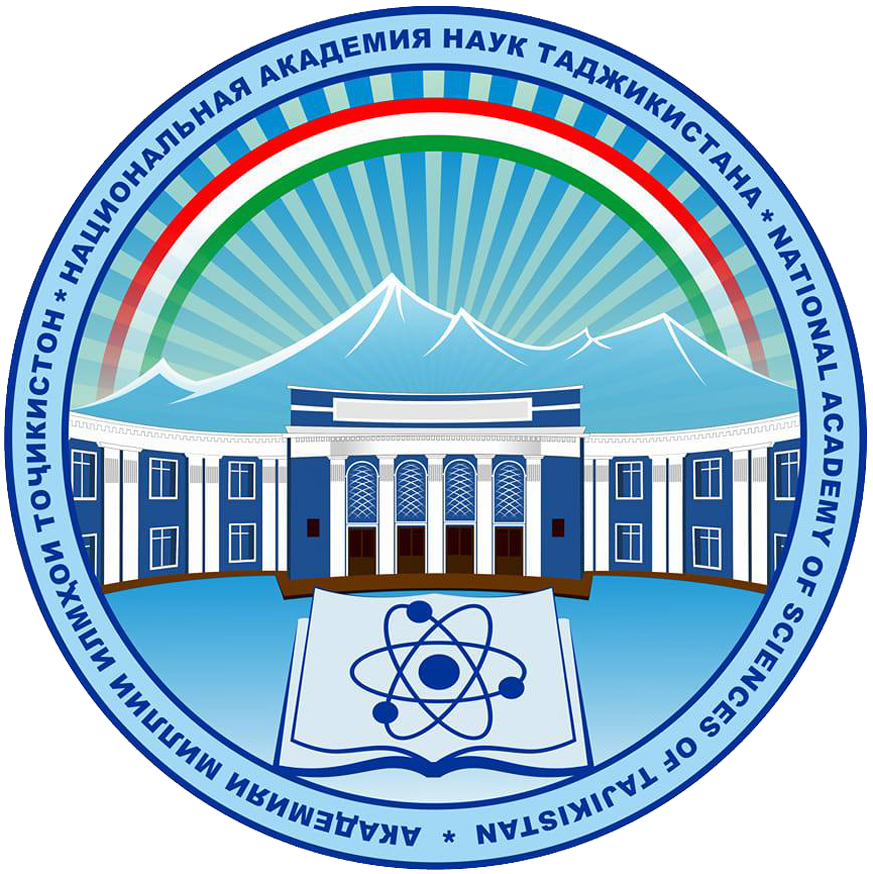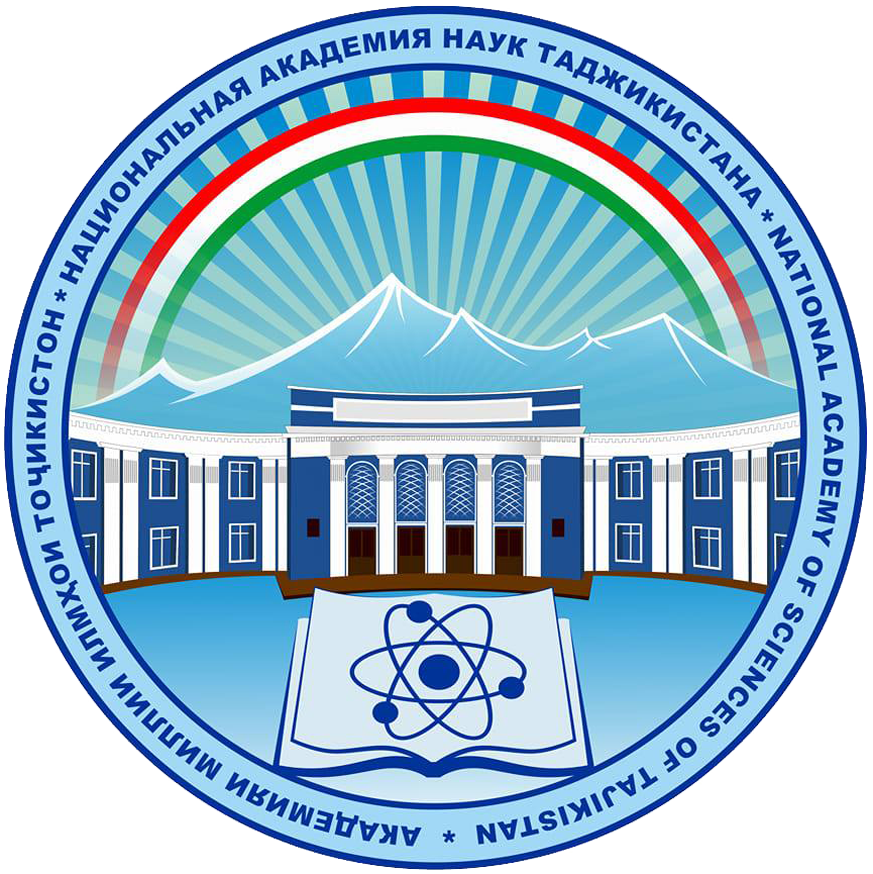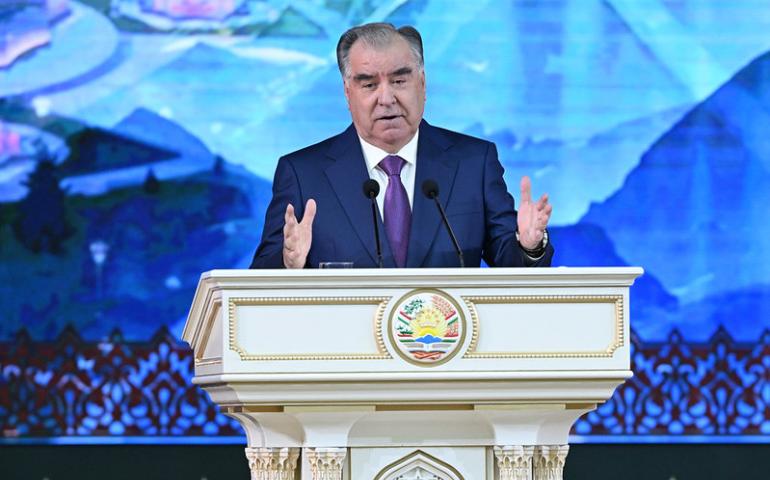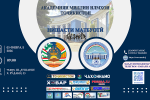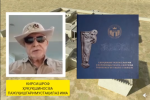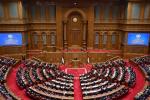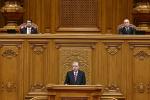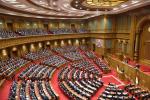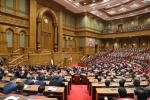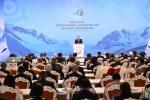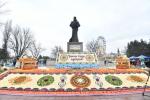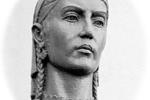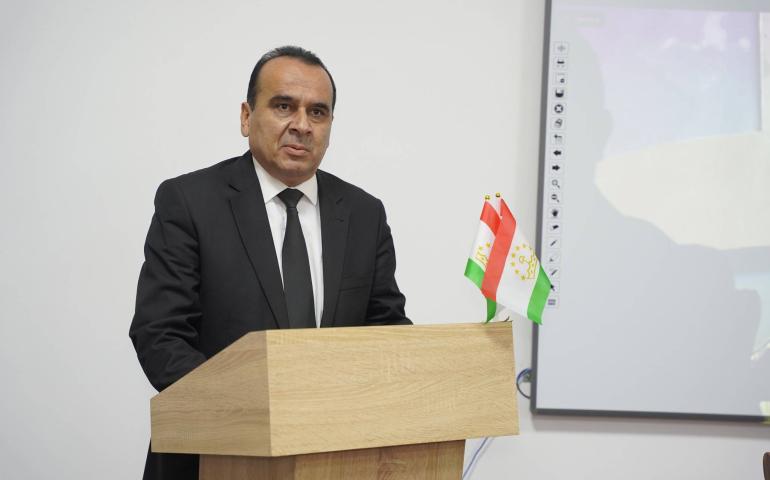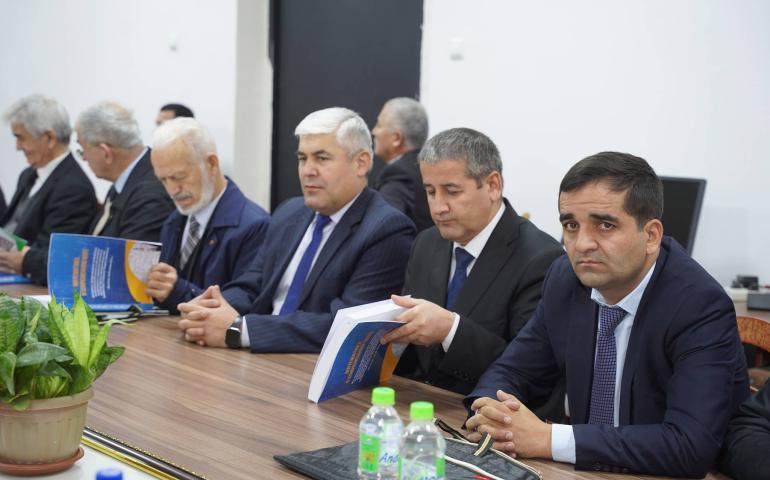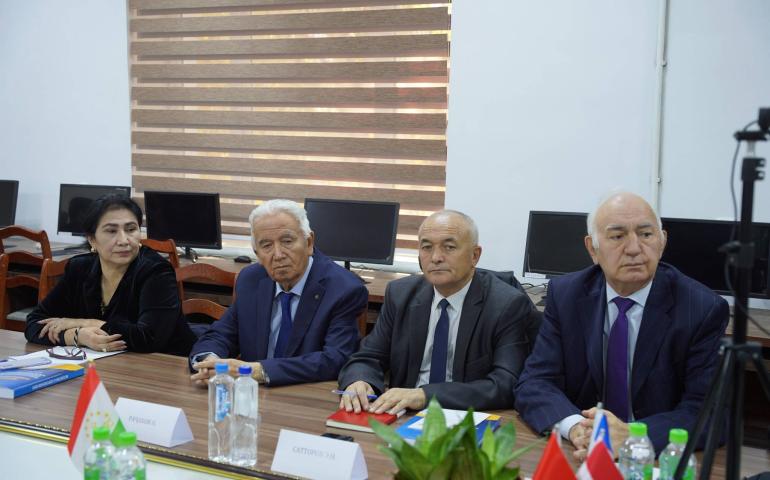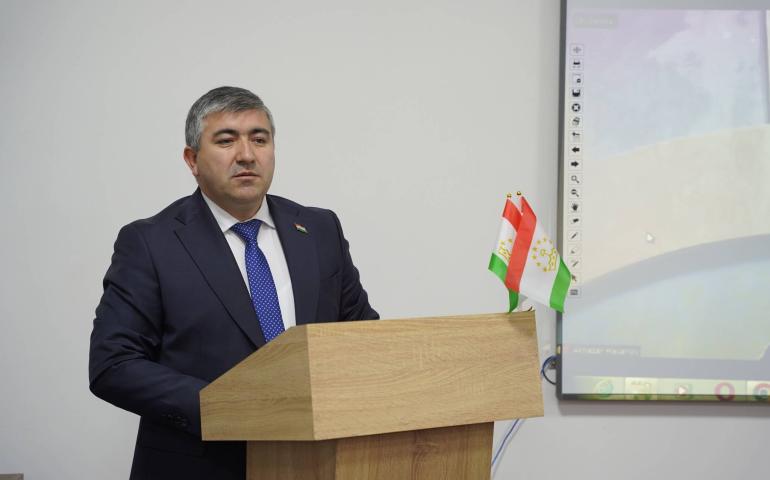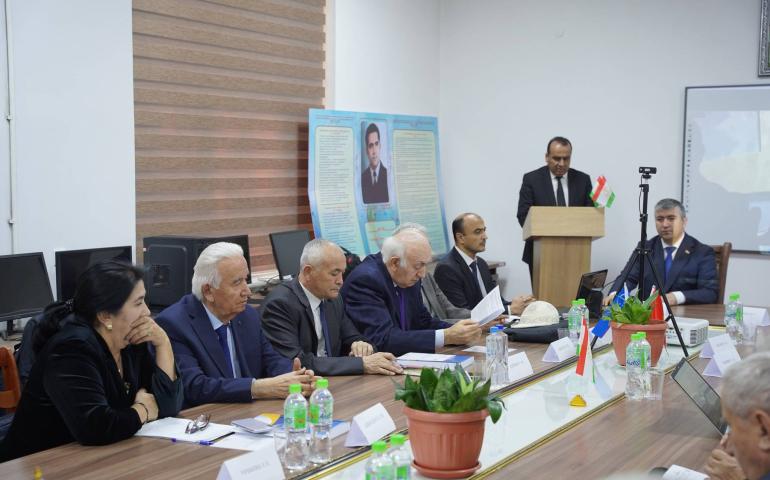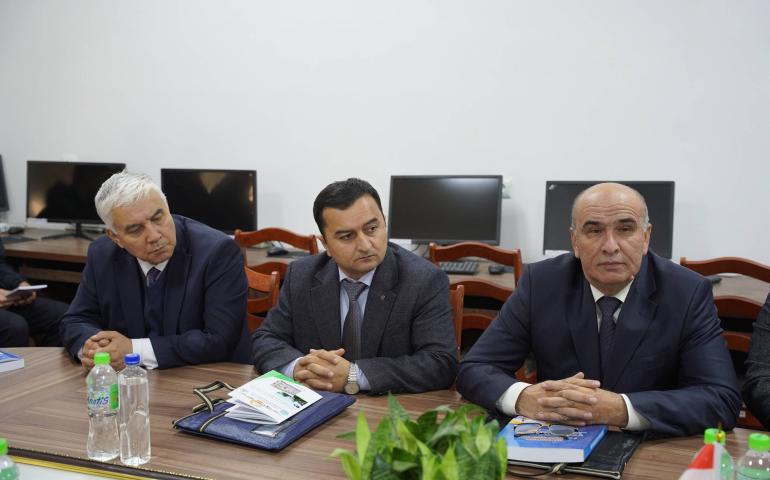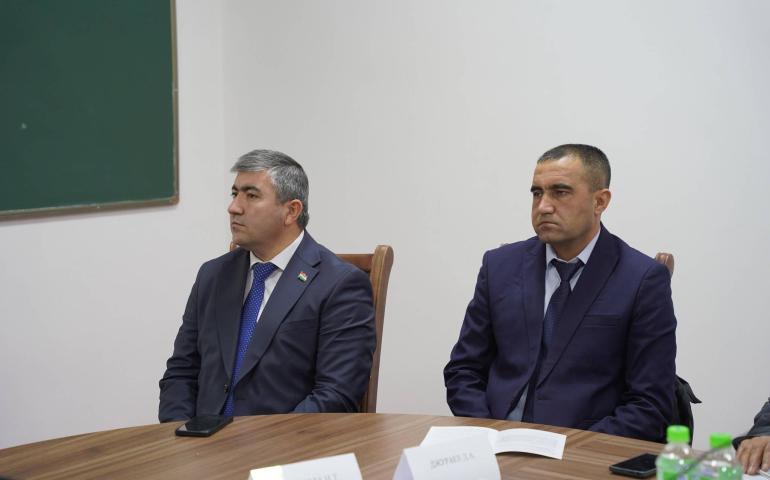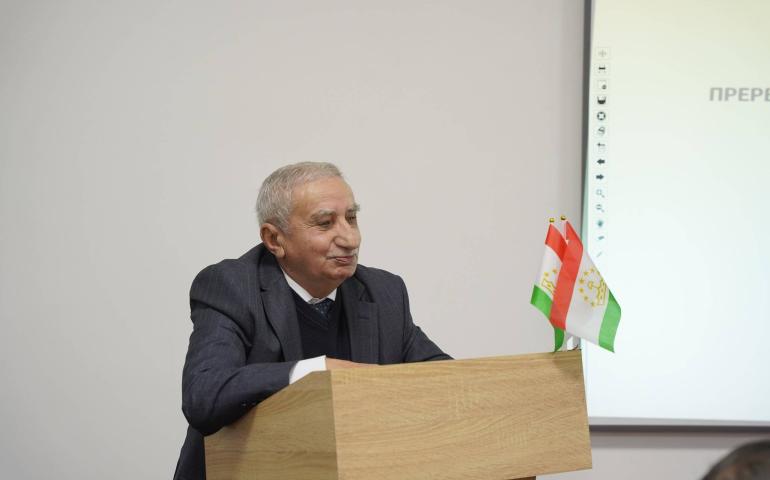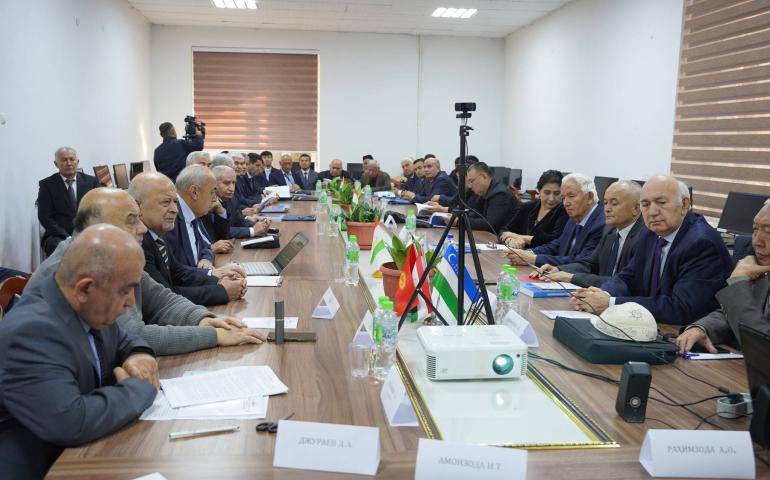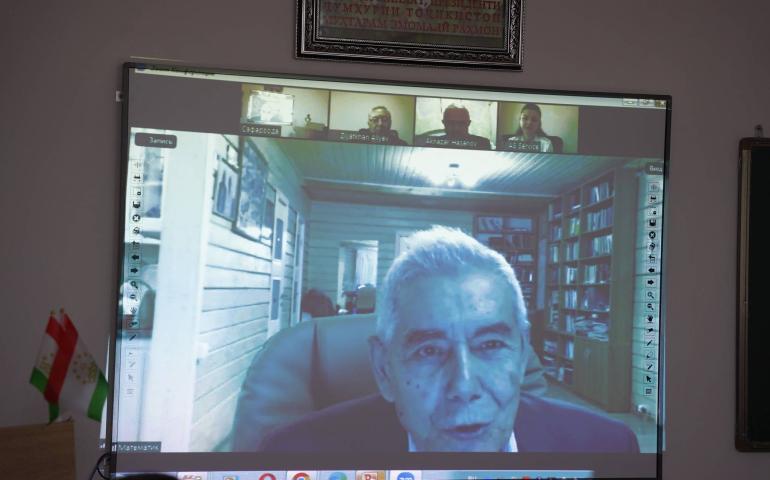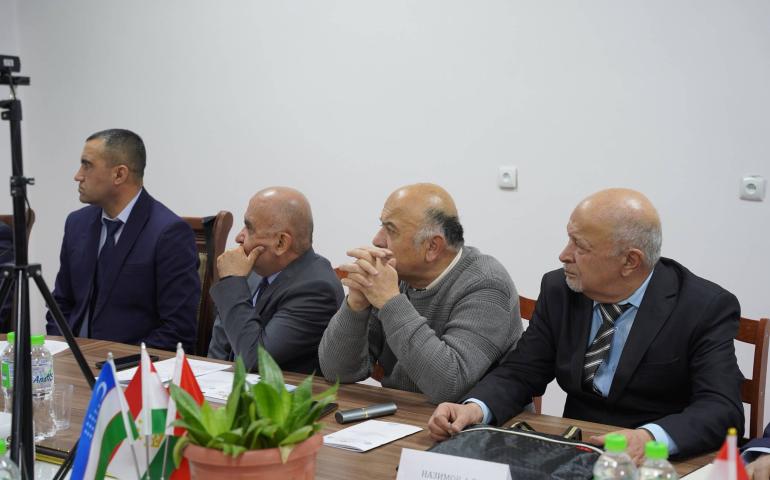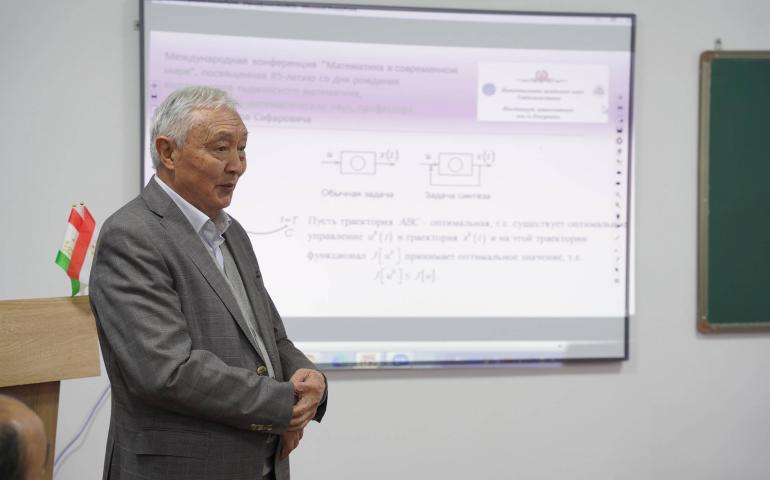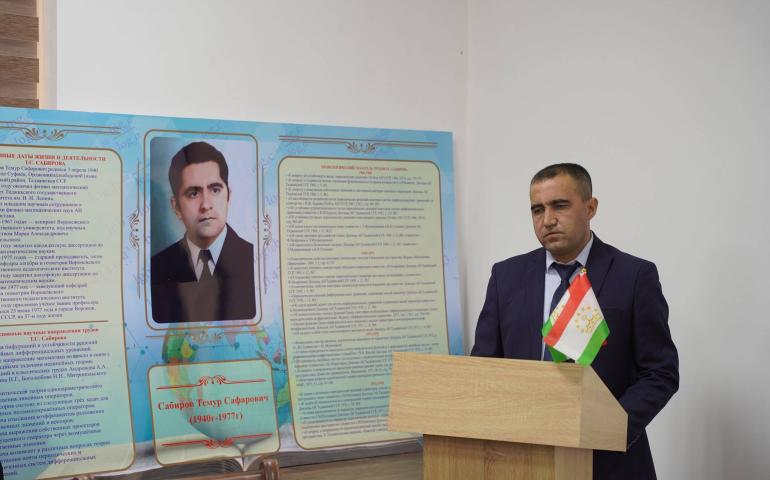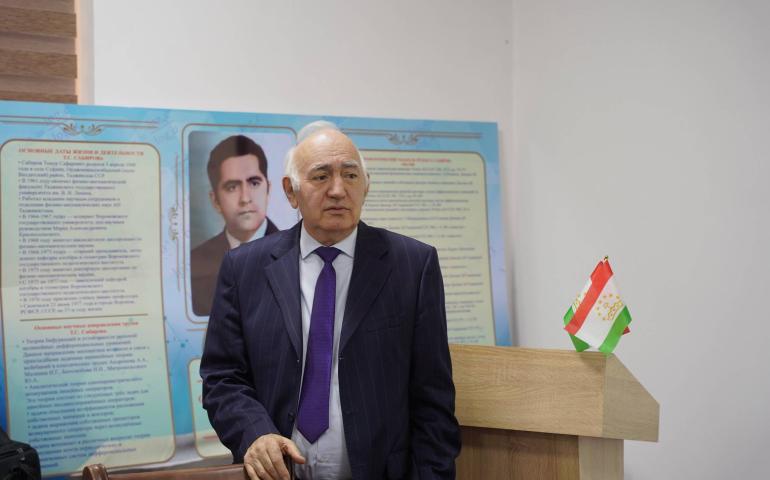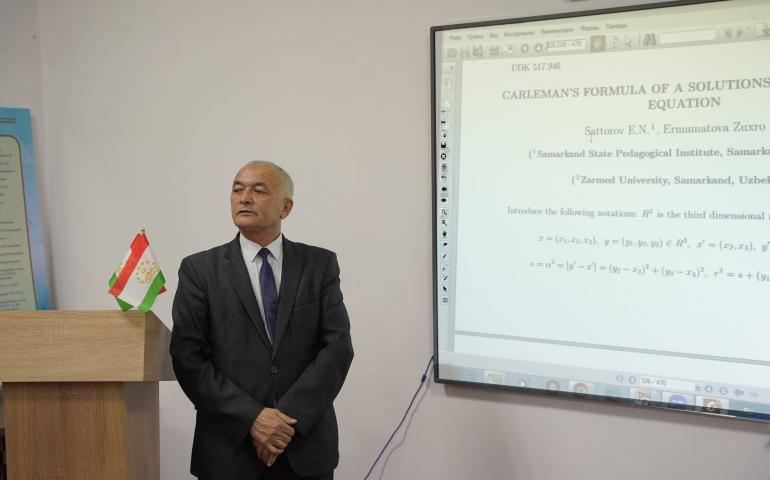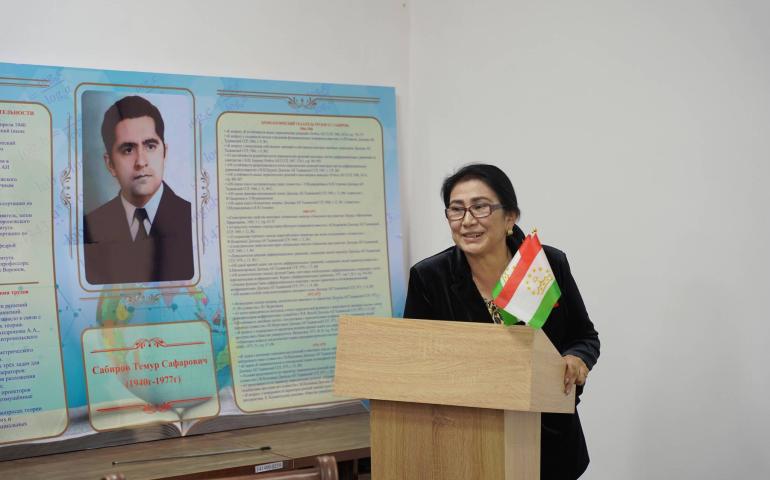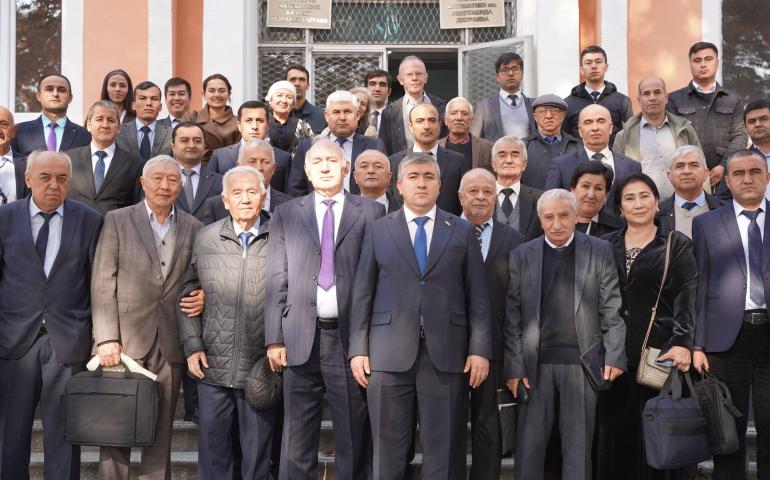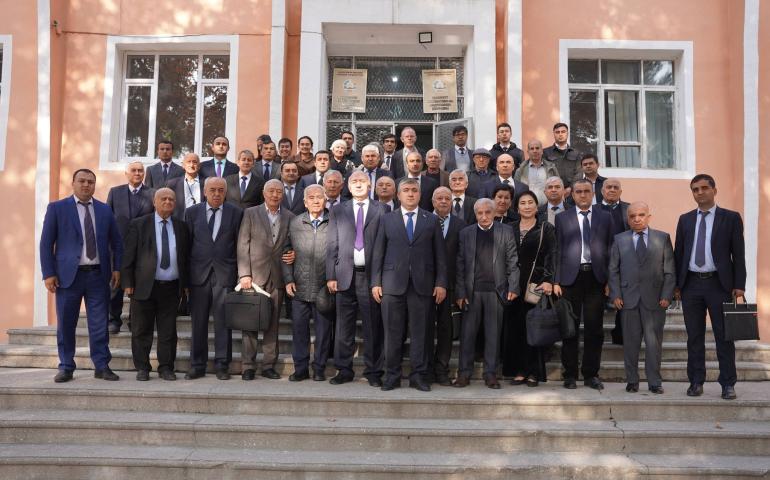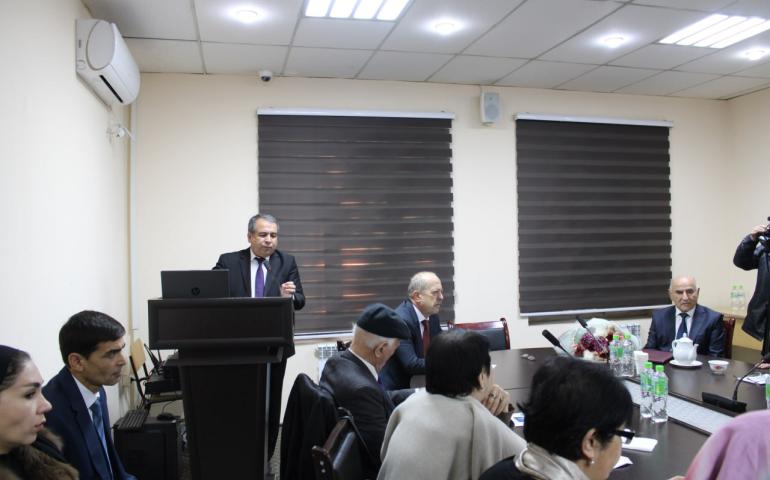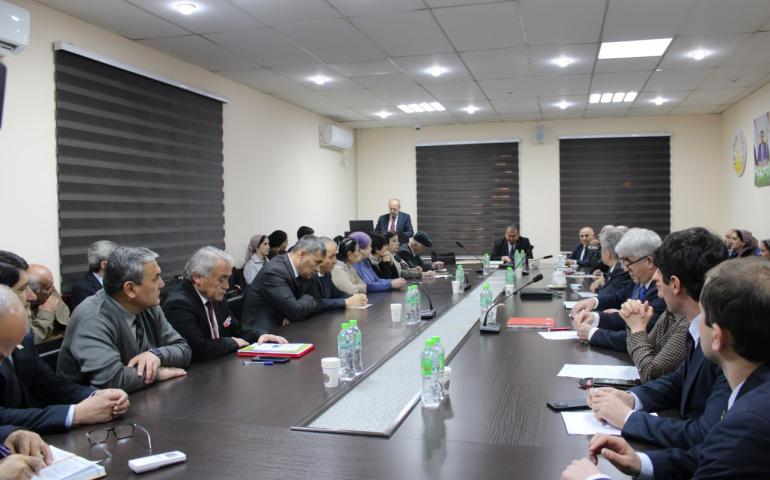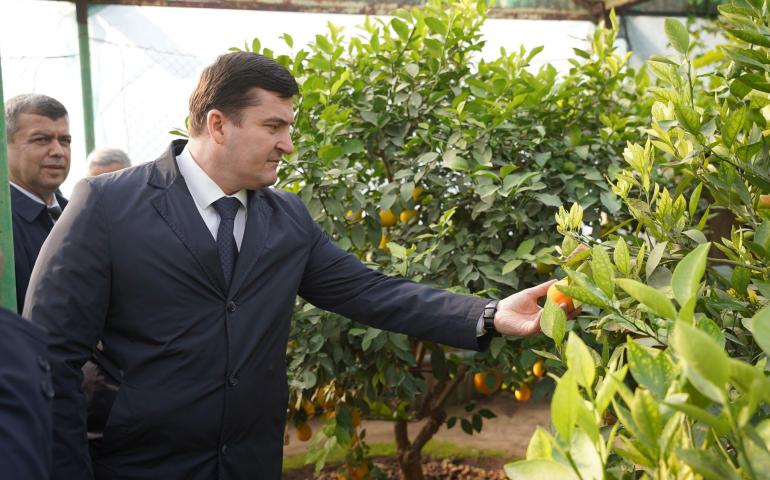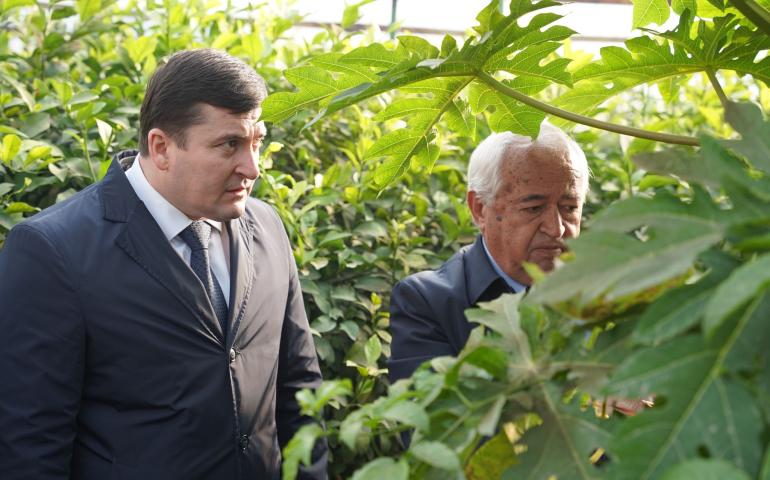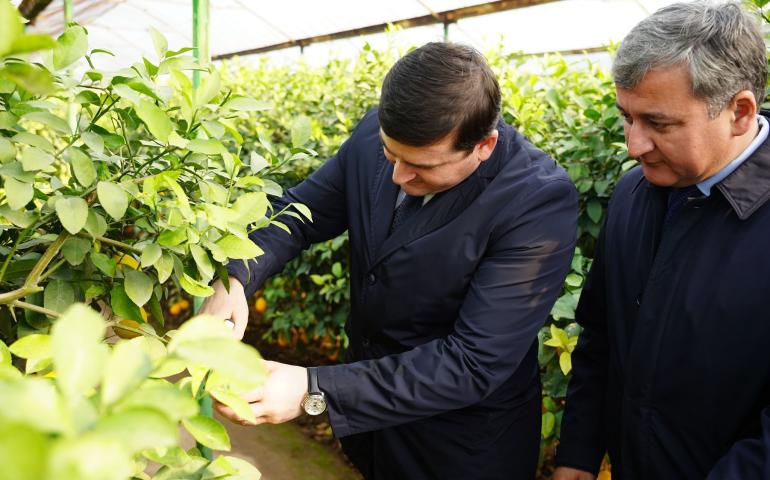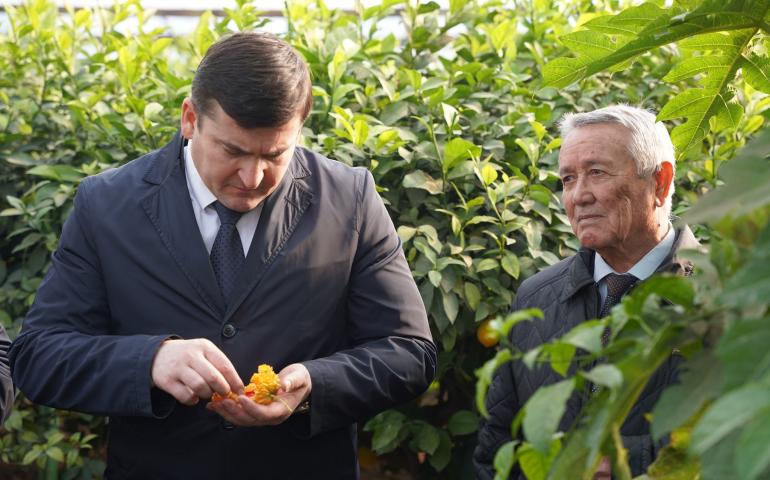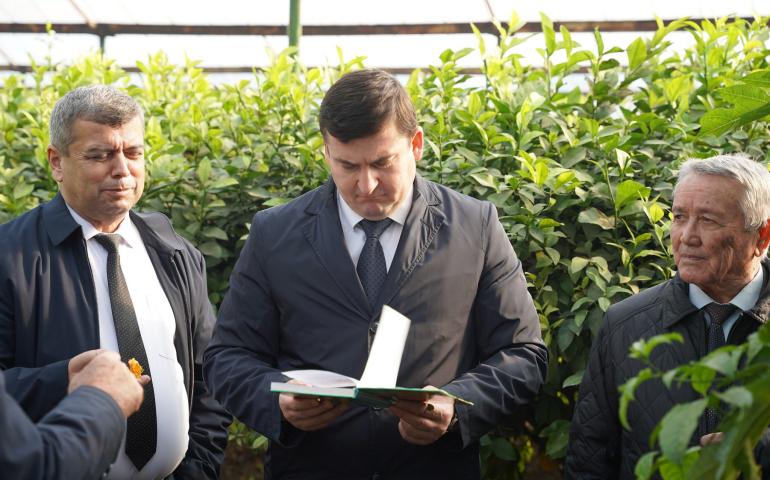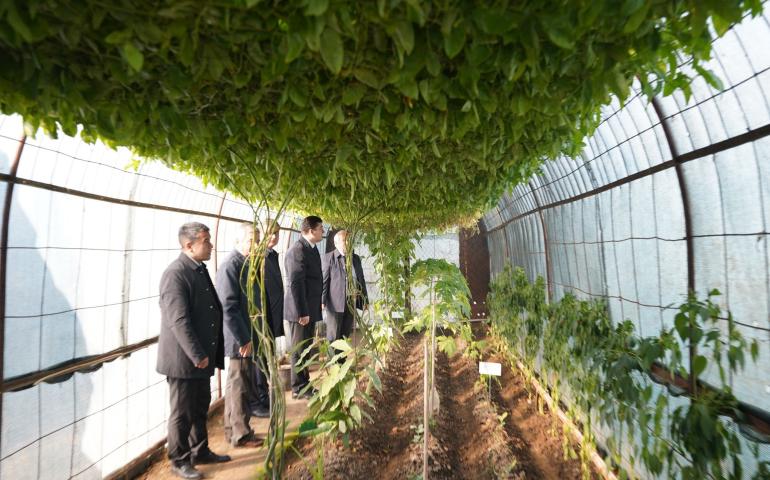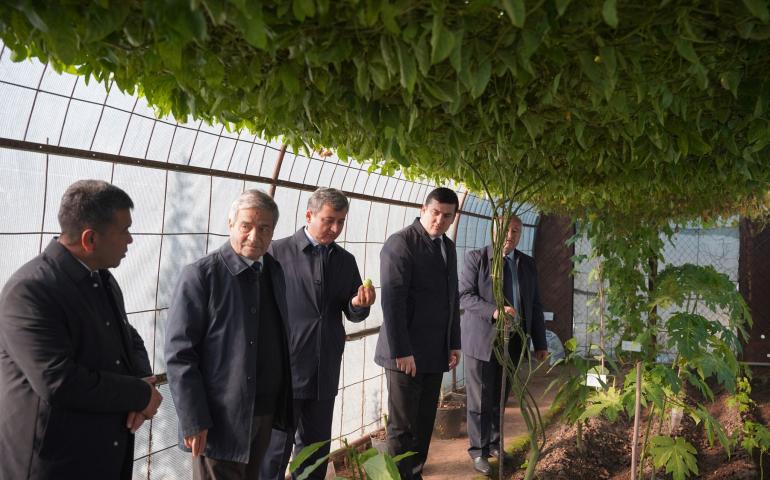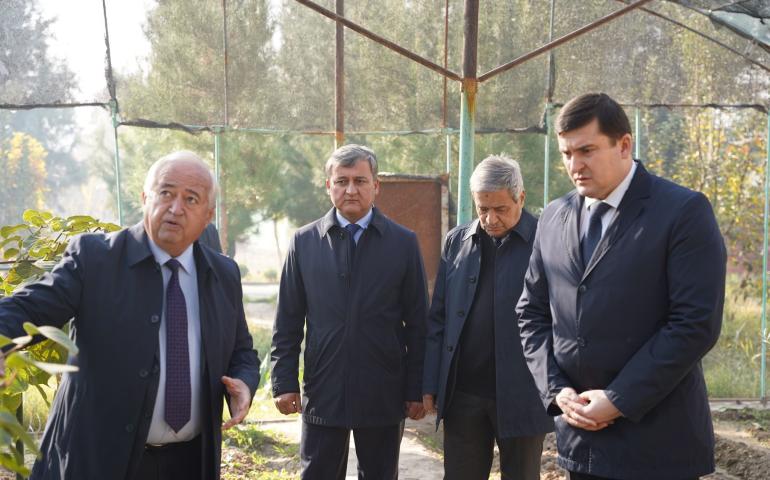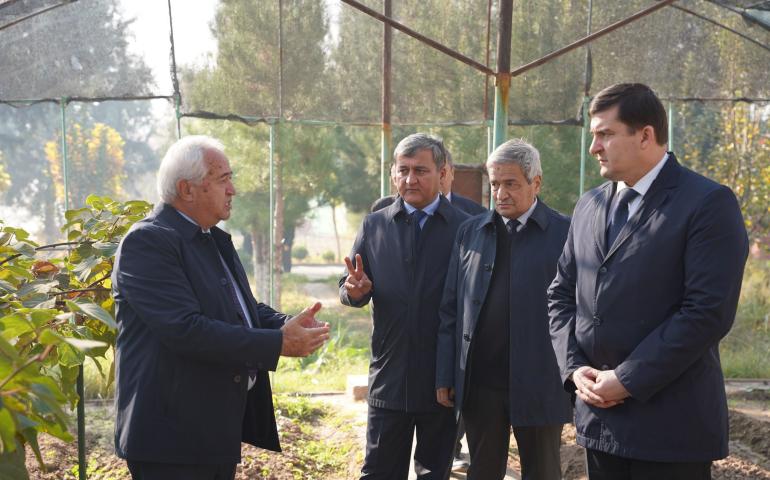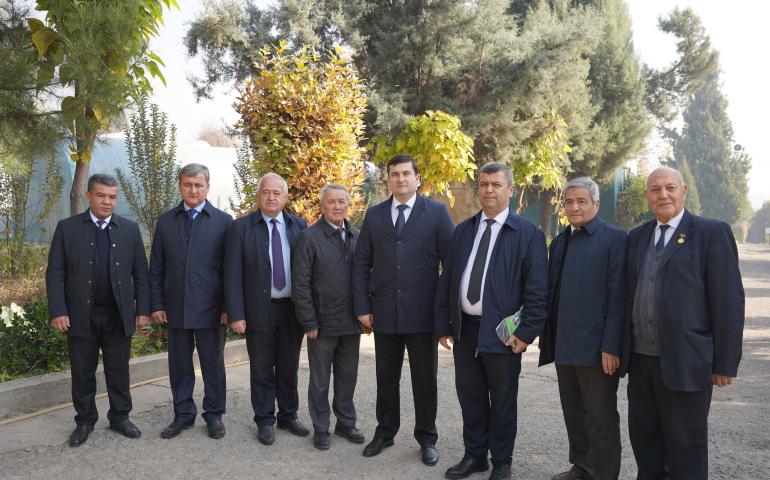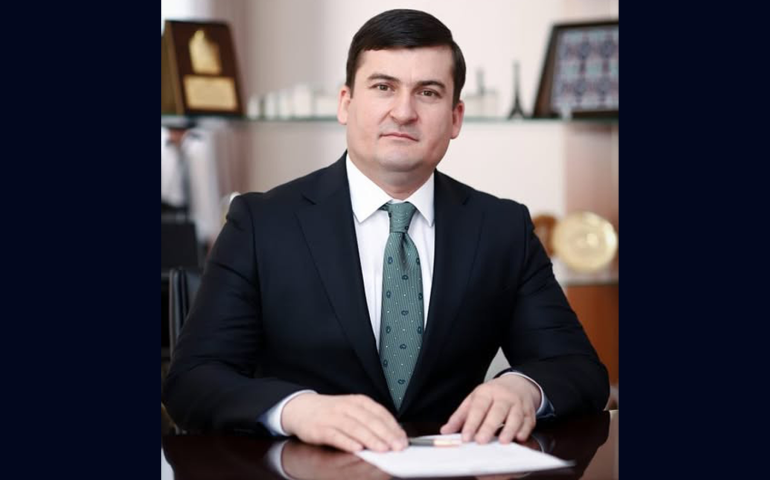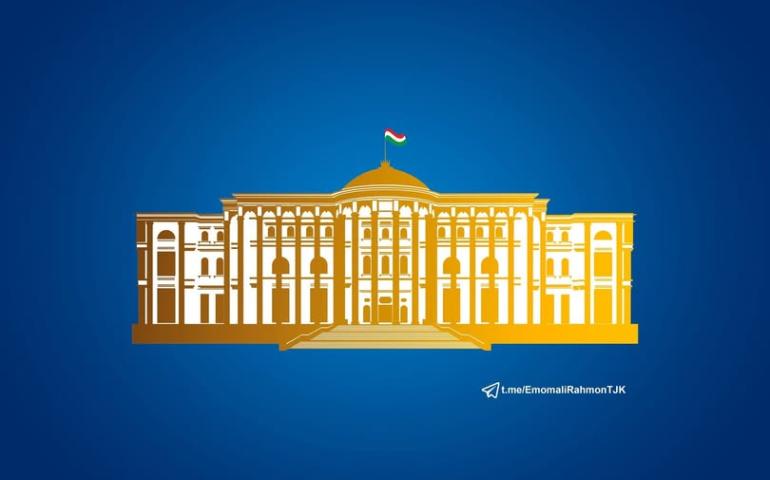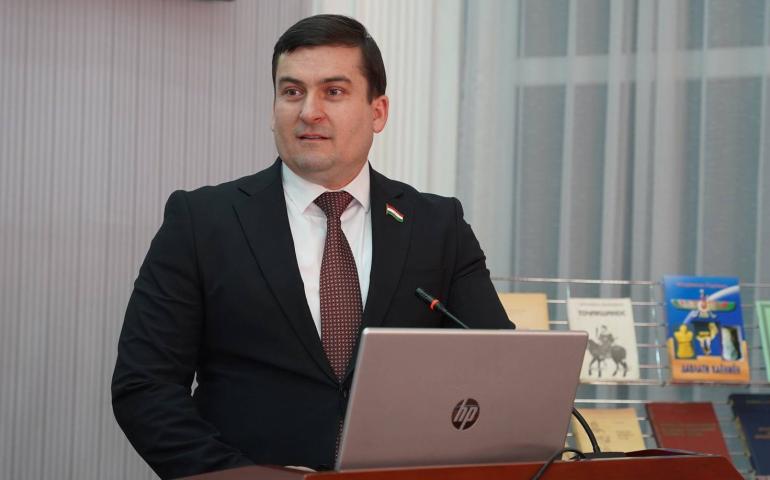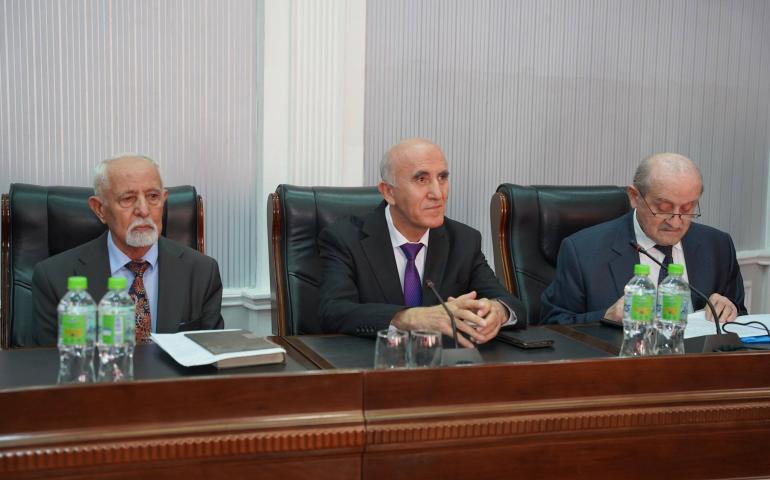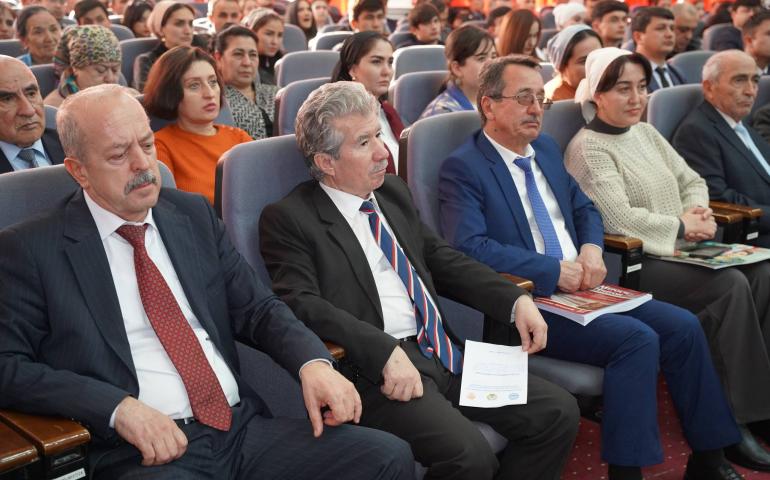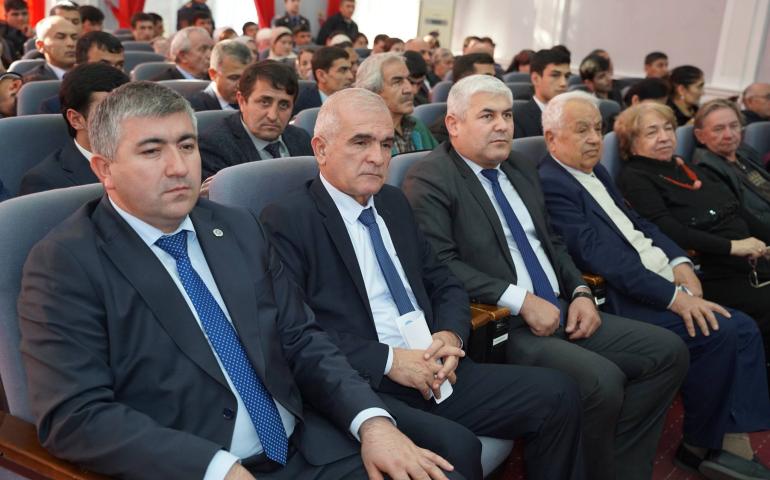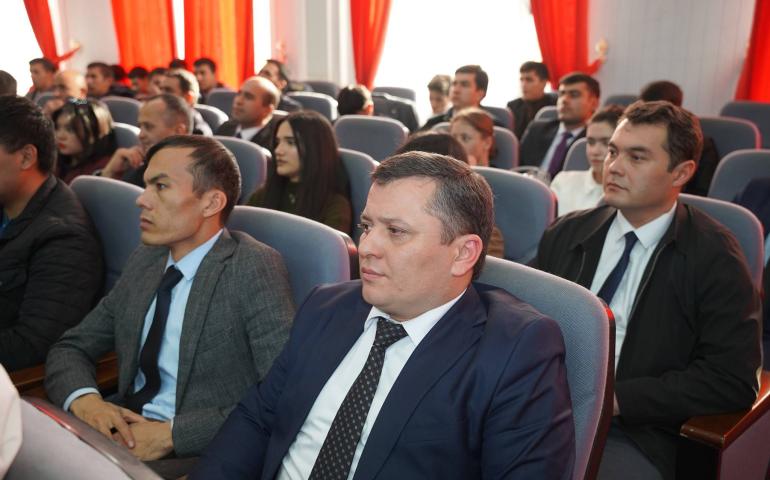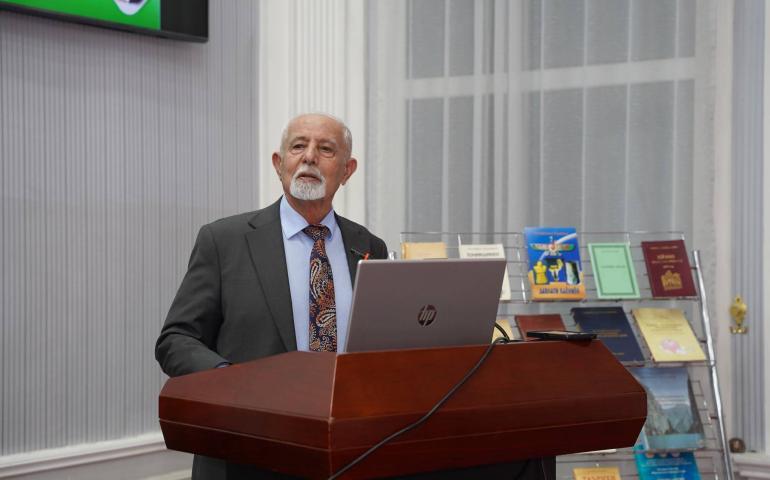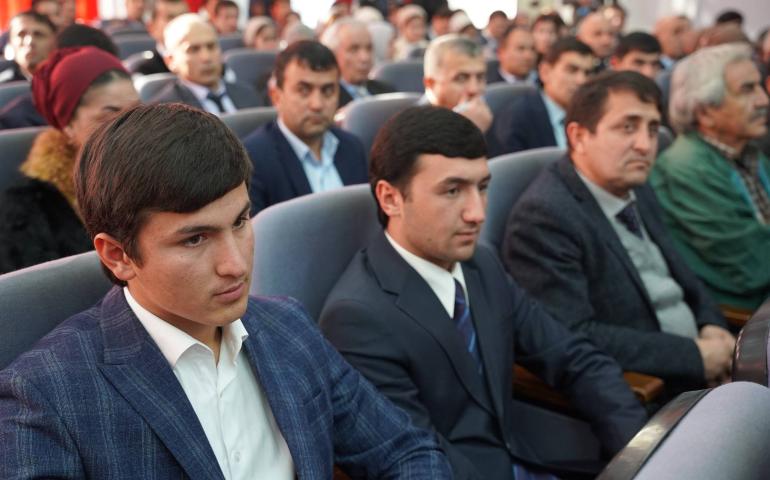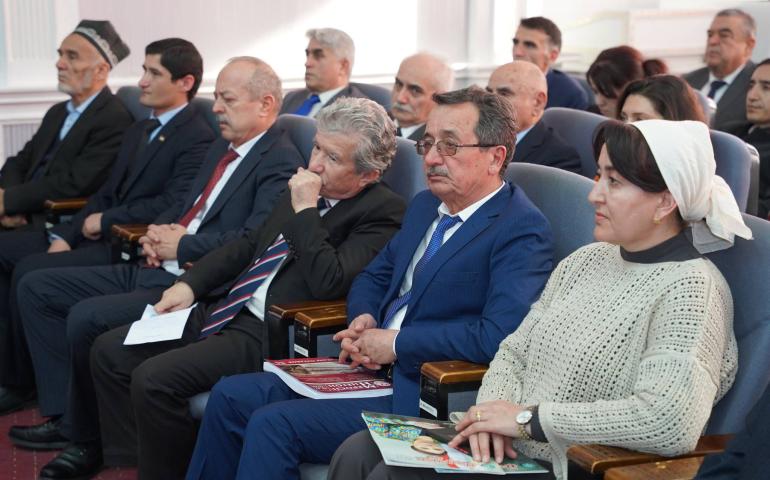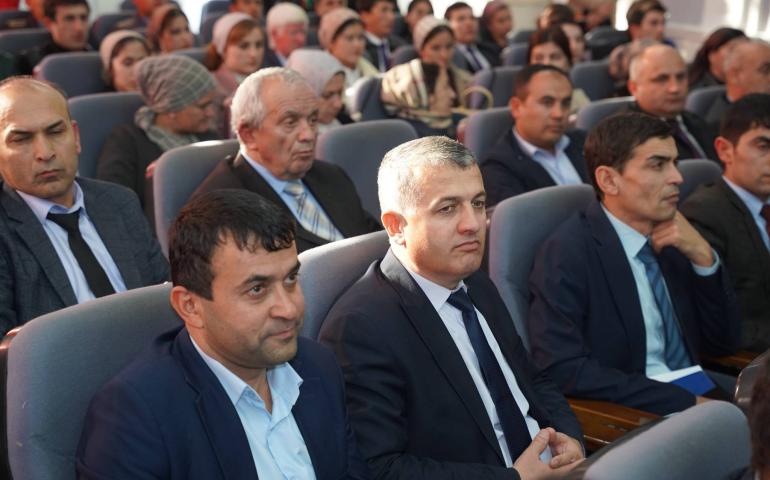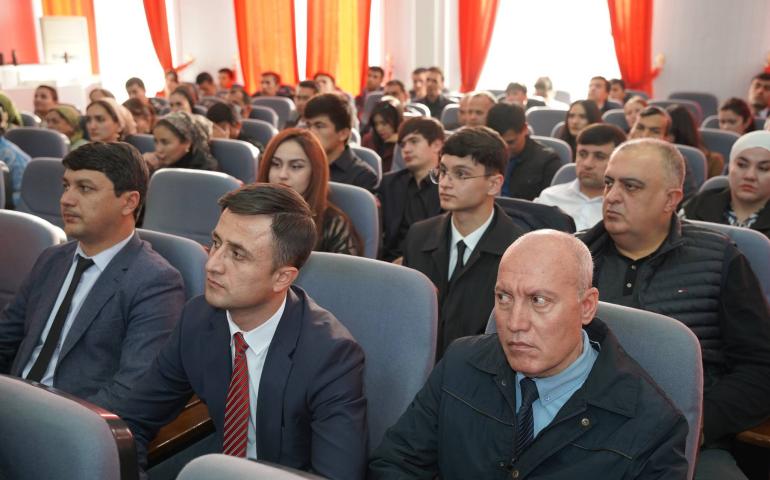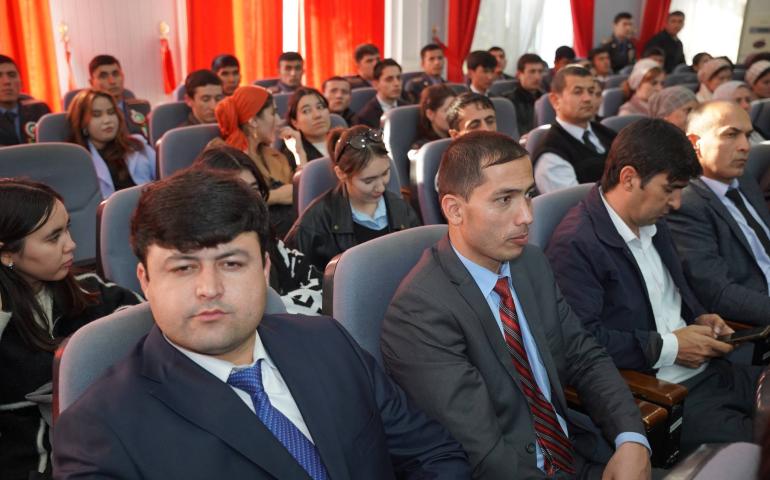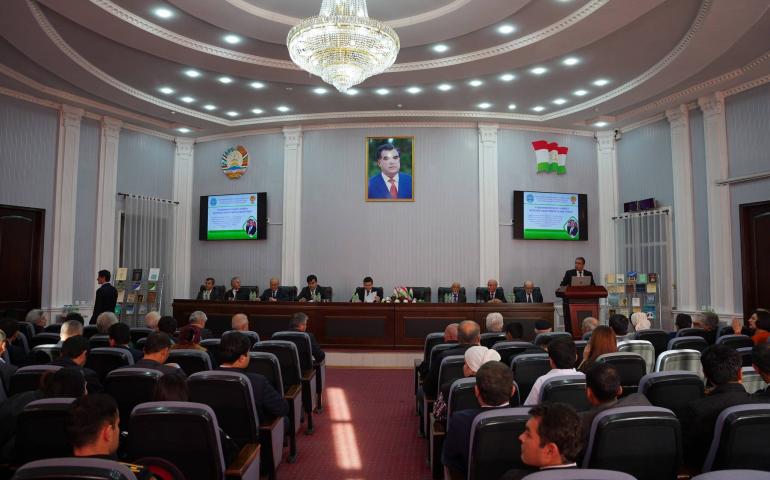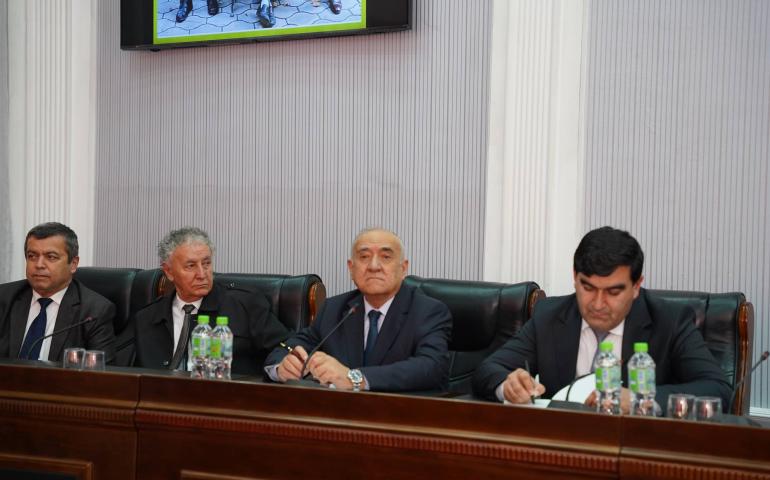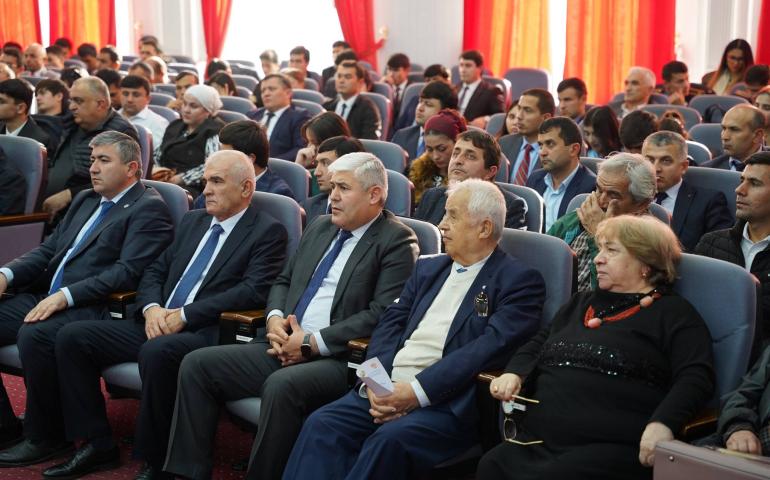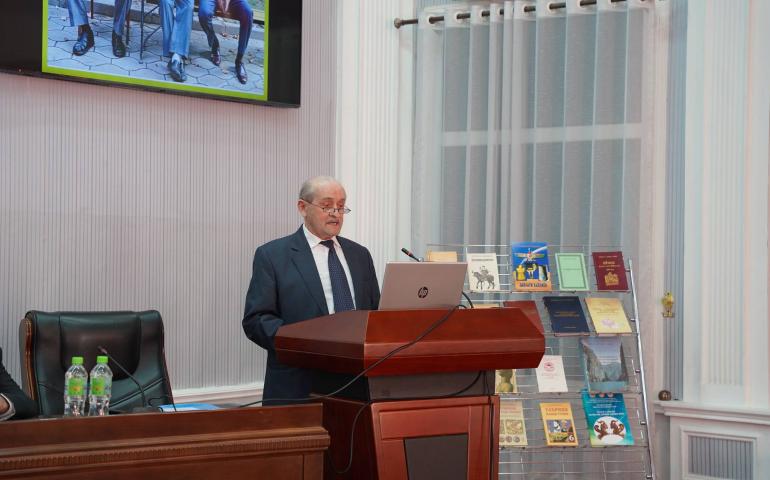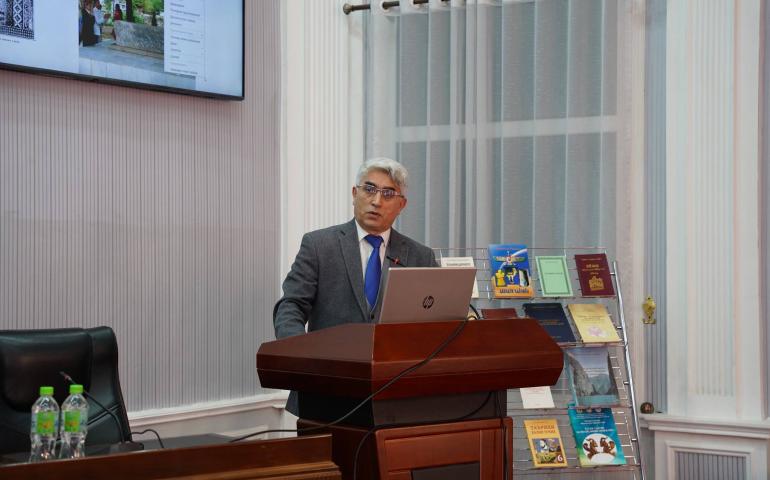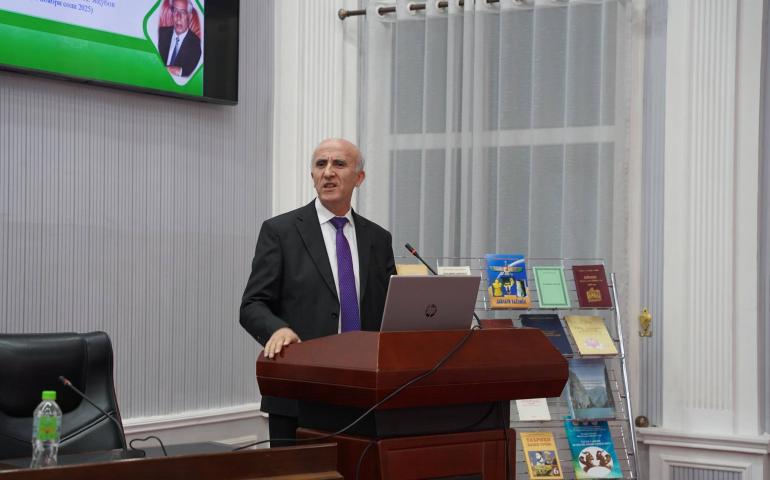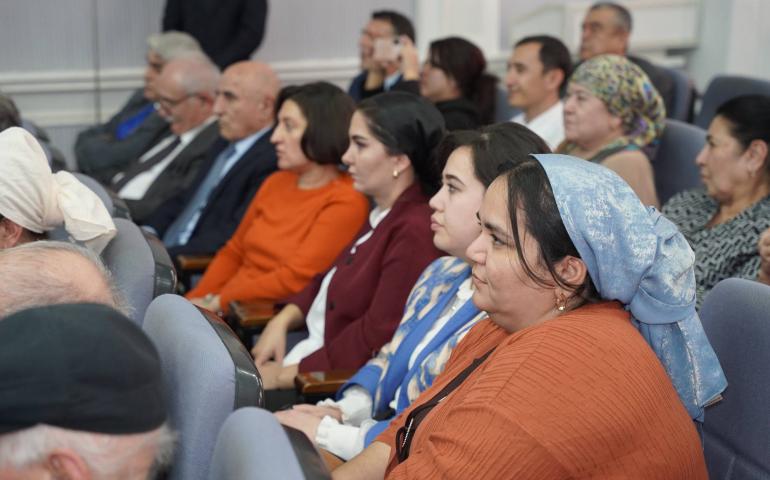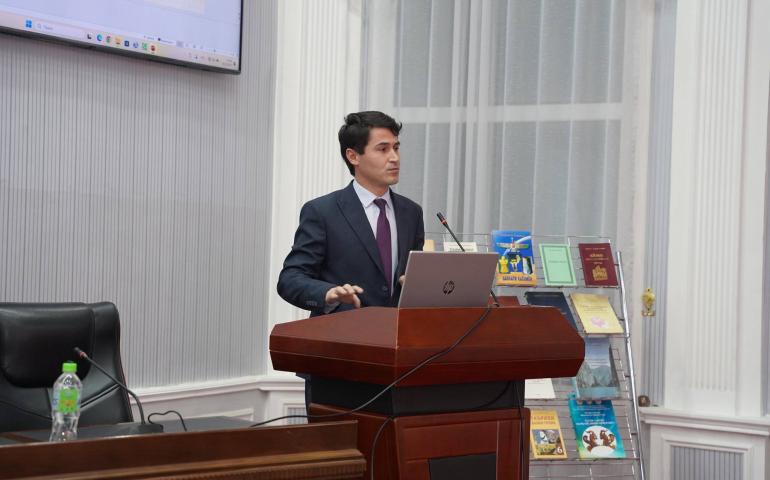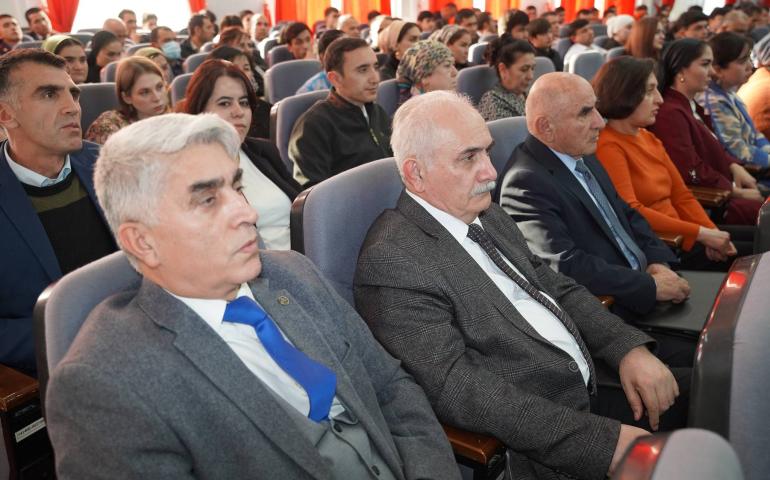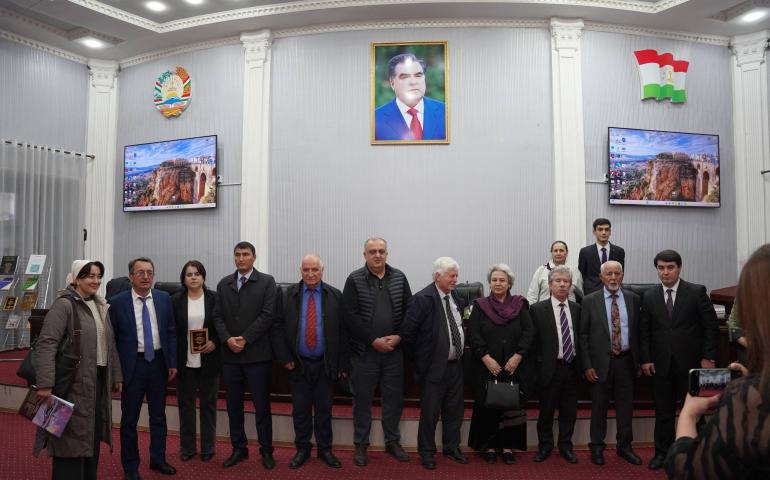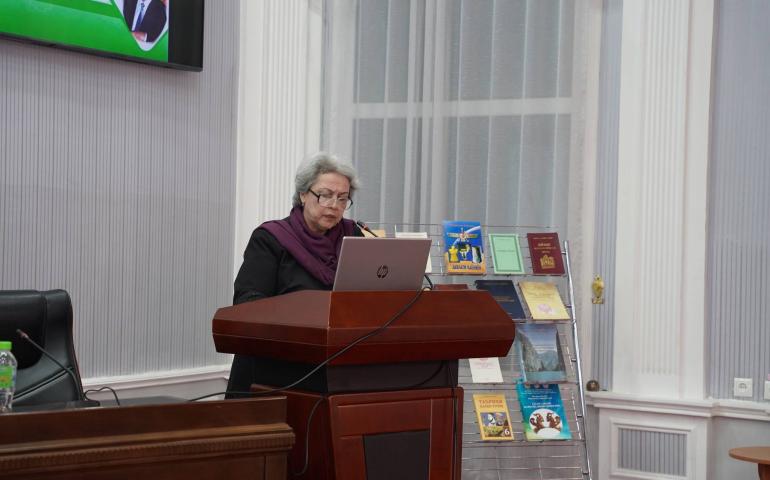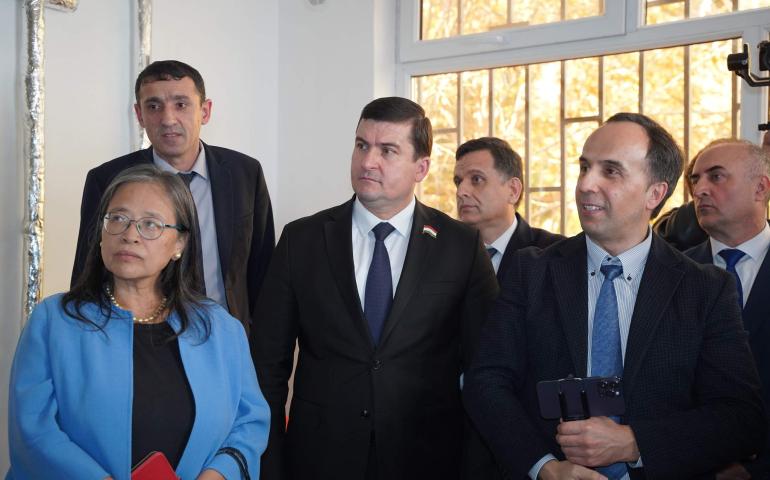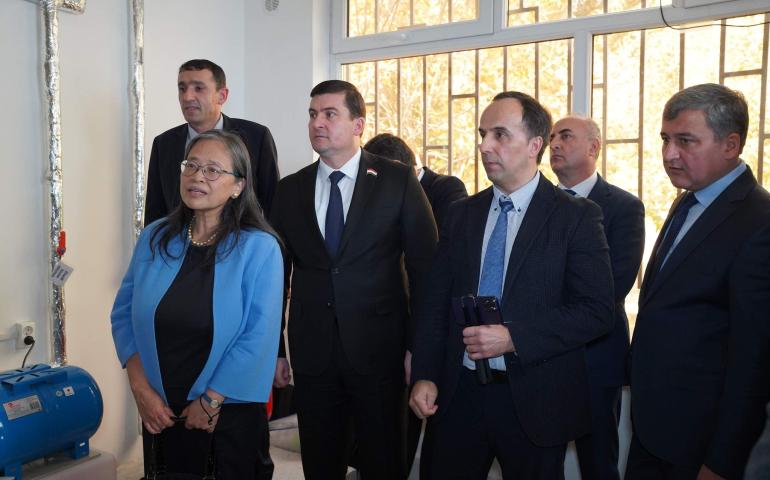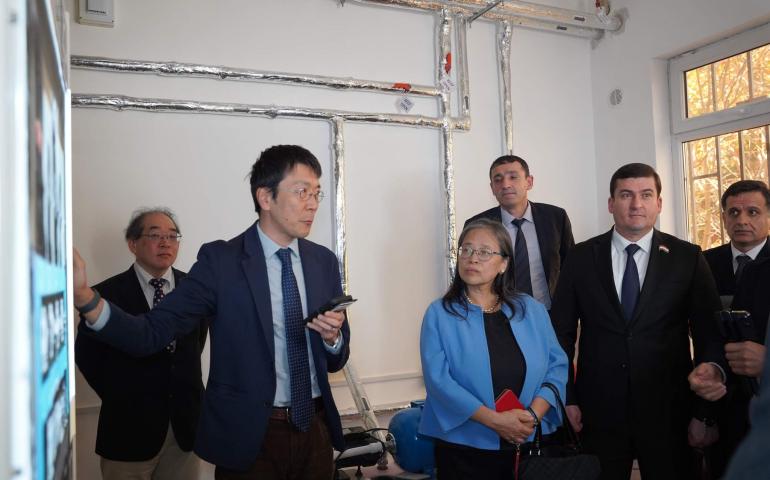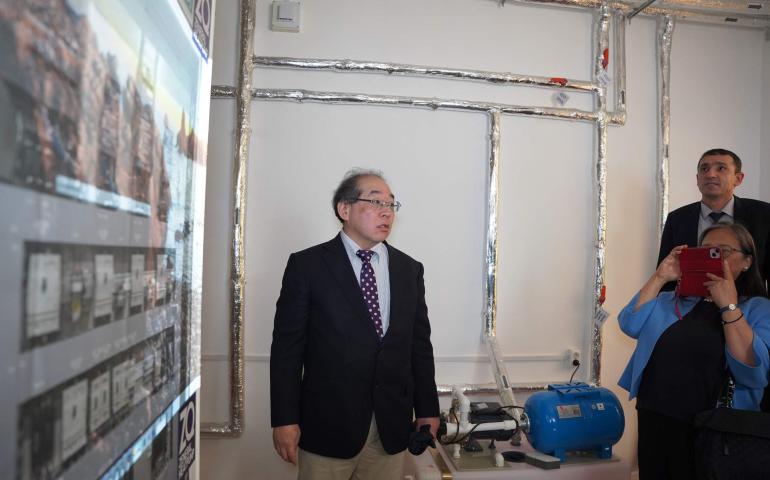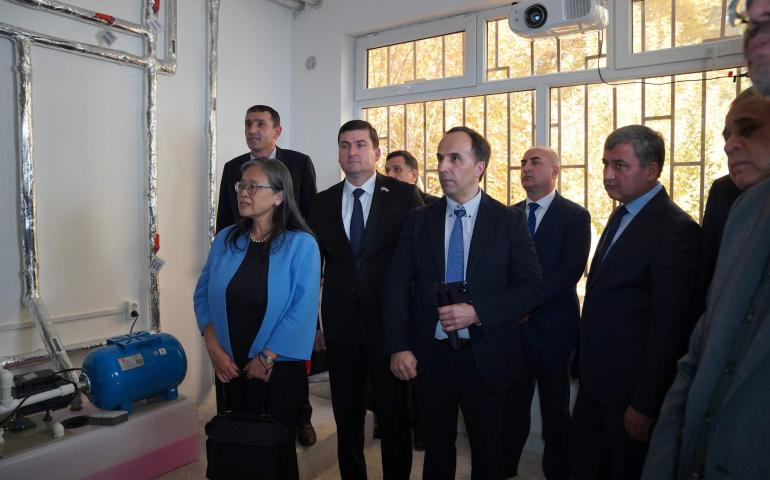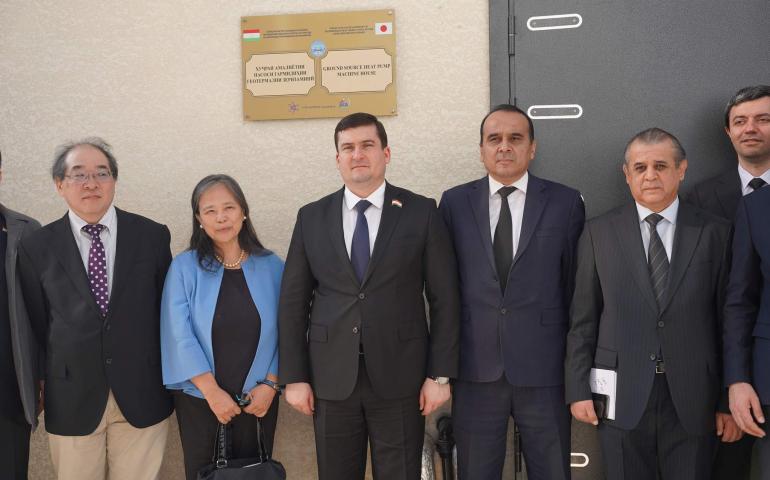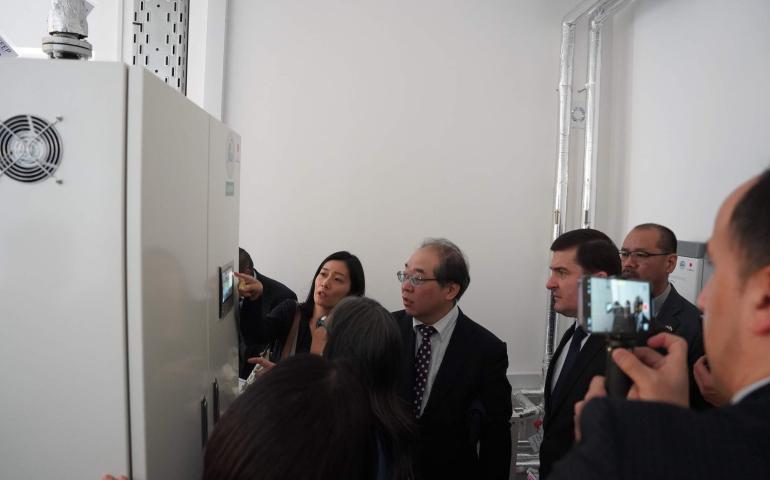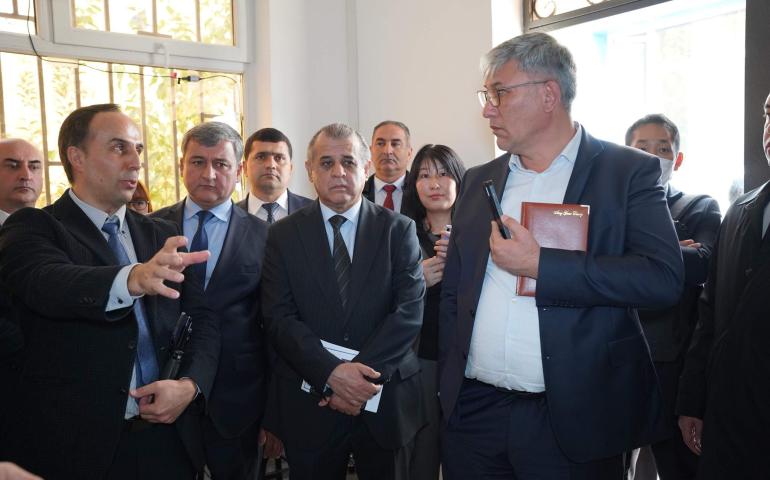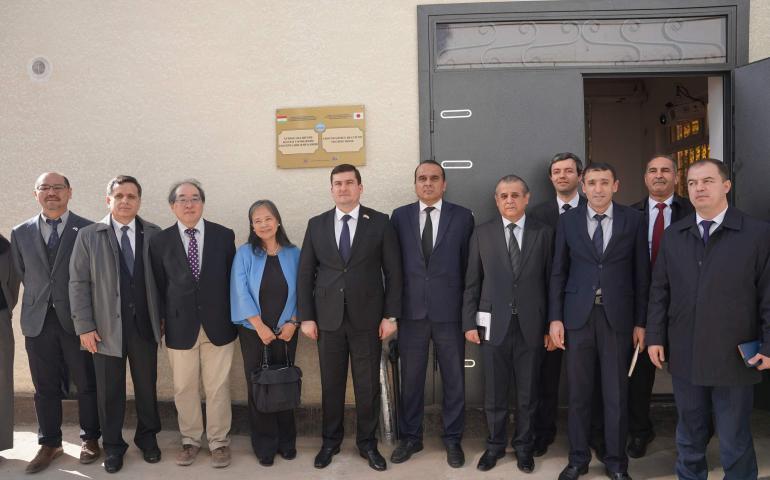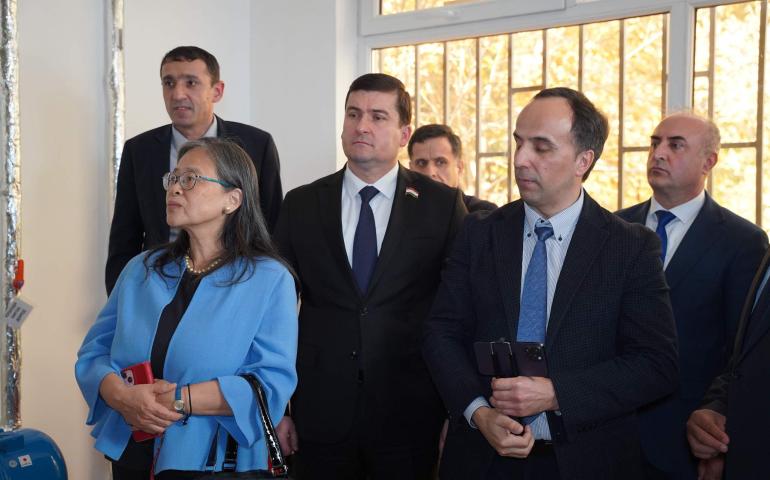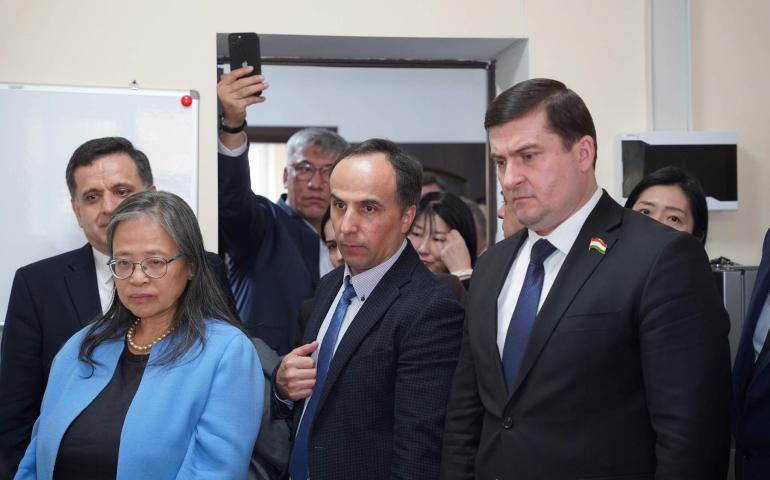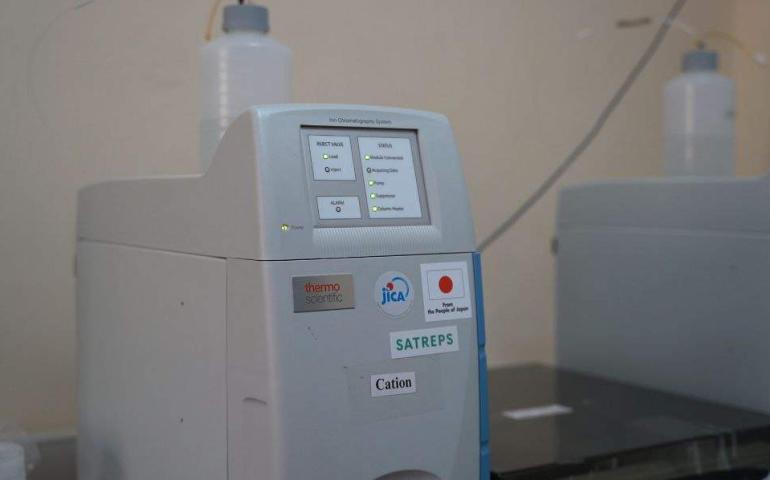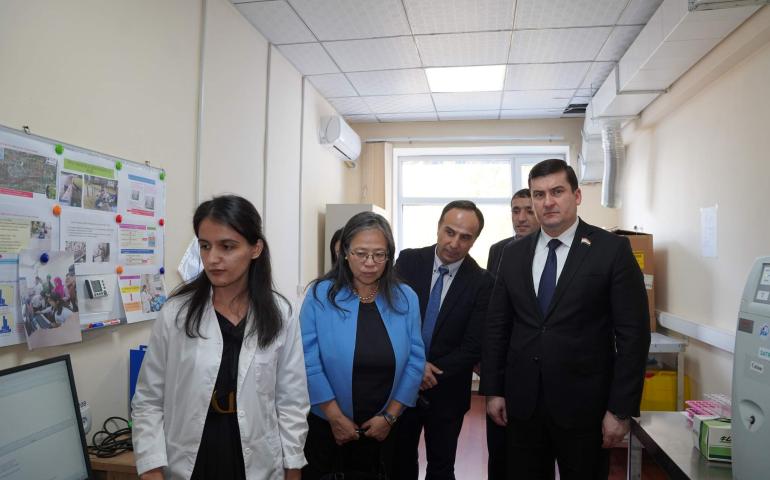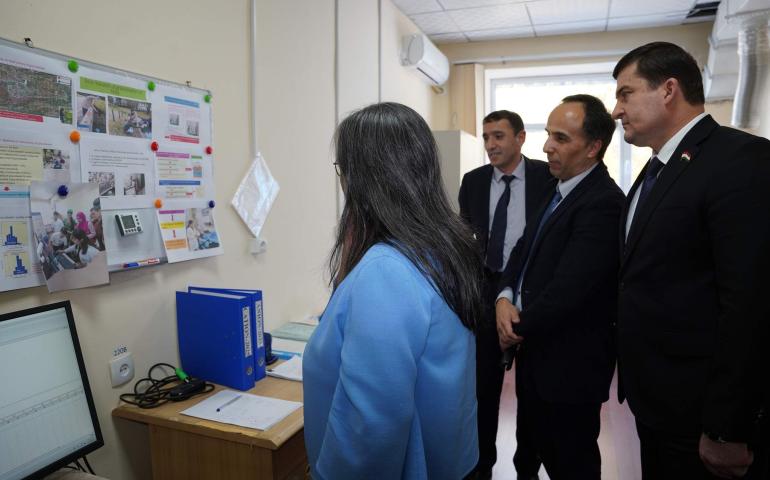The Constitution of the Republic of Tajikistan, adopted on 6 November 1994 during the presidency of the Founder of Peace and National Unity, Leader of the Nation, His Excellency Emomali Rahmon, represents one of the most significant achievements in the formation of the modern Tajik state. Adopted in a complex post-independence period, it established the legal foundation for a sovereign, democratic, secular, and unitary state. This article analyzes the constitutional and socio-political significance of this document, its alignment with international legal standards, and its enduring role in ensuring justice, stability, and national unity in Tajikistan.
 The adoption of the Constitution in 1994 marked a decisive moment in Tajik history. Following the collapse of the Soviet Union and during a time of internal political turbulence, the Constitution emerged as a unifying legal and political instrument. As the President of the Republic of Tajikistan his Excellency Emomali Rahmon has noted, the Basic Law “laid the foundation for rescuing the newly independent Tajik state from destruction and for uniting the Tajik nation.”
The adoption of the Constitution in 1994 marked a decisive moment in Tajik history. Following the collapse of the Soviet Union and during a time of internal political turbulence, the Constitution emerged as a unifying legal and political instrument. As the President of the Republic of Tajikistan his Excellency Emomali Rahmon has noted, the Basic Law “laid the foundation for rescuing the newly independent Tajik state from destruction and for uniting the Tajik nation.”
This historical act took place amid challenges of legitimacy, social fragmentation, and economic instability. The drafting of the Constitution involved broad national consultations and was approved by national referendum on 6 November 1994, a date now celebrated annually as Constitution Day (Tajmedun.tj, 2023).
Chapter 1 of the Constitution defines Tajikistan as a sovereign, democratic, law-based, secular, and unitary state (Constitution of the Republic of Tajikistan, 1994, Art. 1). It recognizes the people as the source of state power and guarantees the separation of legislative, executive, and judicial powers, aligning with the universal principles of democracy and rule of law (WIPO, 1994).
The Constitution’s provisions mark a decisive transition from the Soviet centralized model to a system based on checks and balances, political pluralism, and citizen participation.
One of the Constitution’s most progressive features is its emphasis on human rights and freedoms. For the first time in Tajikistan’s constitutional history, natural human rights were recognized as inalienable and inviolable. Article 5 declares that “Man, his rights and liberties, shall be the supreme value. The life, honor, dignity and other natural rights of man shall be inviolable.”
The Constitution also establishes that the rights and freedoms of individuals determine the essence and implementation of laws, as well as the activities of all branches of state power (Kumitaizabon.tj, 2022). These provisions reflect deep respect for human dignity rooted in Tajik cultural and moral traditions.
From the perspective of international law, the Constitution of Tajikistan conforms to global democratic standards. It upholds the principle of rule of law, equality before the law, independence of the judiciary, and protection of private property (OSCE, 2004).
The Organization for Security and Co-operation in Europe (OSCE) has recognized Tajikistan’s Constitution among the most advanced in the post-Soviet space, emphasizing its compatibility with international human rights norms. This alignment strengthens Tajikistan’s position in the international community as a law-based and peace-oriented state.
The Constitution reflects the spiritual and historical continuity of the Tajik people. It harmonizes modern democratic ideals with national traditions, integrating principles of justice, tolerance, and respect for elders—values deeply embedded in Tajik culture.
For instance, the Law on Regulation of Traditions, Celebrations, and Ceremonies (2007) demonstrates how constitutional norms are applied within the framework of cultural ethics and social responsibility. Thus, the Constitution functions as a bridge between the ancient heritage of the Tajik nation and the modern requirements of democratic governance.
One of the Constitution’s core principles is the supremacy of law, which requires all citizens and state institutions to act strictly within legal norms. This principle has become the foundation of Tajikistan’s political and legal system, ensuring justice, equality, and accountability (Amit.tj, 2024).
Under this framework, the judiciary has been strengthened, the local governance system decentralized, and numerous laws have been enacted in conformity with constitutional provisions. The Constitution has thus guided the evolution of Tajikistan’s statehood toward a more transparent and accountable governance model.
The Constitution not only guarantees rights but also assigns citizens important duties. Among these, defending the Motherland, protecting national interests, and preserving territorial integrity are defined as sacred obligations (Art. 9).
These duties underscore the unity between the individual and the state, ensuring that freedom is balanced with collective responsibility and patriotism. This moral equilibrium reflects a distinctively Tajik concept of social harmony, rooted in communal solidarity and civic duty.
Since its adoption, the Constitution has undergone several amendments (1999, 2003, 2016), each reflecting new social and political realities. These amendments have enhanced parliamentary representation, strengthened executive accountability, and expanded citizen participation in governance (Wikipedia, 2024).
Each reform phase demonstrates Tajikistan’s growing political maturity and its commitment to the principles of democracy and national unity.
The Constitution of the Republic of Tajikistan stands as a living embodiment of the vision of statehood, democracy, and justice articulated by the Founder of Peace and National Unity, Leader of the Nation, President of the Republic of Tajikistan his Excellency Emomali Rahmon. It has provided not only the legal basis for sovereignty but also a moral compass for national development.
By guaranteeing human rights, upholding the rule of law, and promoting social justice, the Constitution continues to serve as both a practical instrument of governance and a symbol of national unity. Its enduring relevance lies in its ability to harmonize universal democratic principles with Tajikistan’s rich cultural heritage, ensuring progress, peace, and stability for future generations.
As President of the Republic of Tajikistan, his Excellency Emomali Rahmon pointed: “The Constitution, as the charter of the nation and the fundamental political document, defines the further path of development and progress of our free and democratic state.” (Emomali Rahmon, 2019)
References (Literatures)
1. Amit.tj. (2024). The Constitution - Foundation of Statehood and National Unity. Academy of Management under the President of the Republic of Tajikistan. Retrieved from https://www.amit.tj
2. Constitution of the Republic of Tajikistan. (1994, November 6). Official English Translation. Dushanbe: Government of the Republic of Tajikistan. Retrieved from https://www.wipo.int/.../lexdocs/laws/en/tj/tj001en.html
3. Kumitaizabon.tj. (2022). The Constitution — the Basic Law of the Republic of Tajikistan. Committee on Language and Terminology under the Government of the Republic of Tajikistan. Retrieved from https://www.kumitaizabon.tj
4. OSCE. (2004). Constitutional Reform and Human Rights Standards in Central Asia. Vienna: OSCE Office for Democratic Institutions and Human Rights.
5. Rahmon, E. (2019). The Constitution — a Guarantee of National Progress and Stability. Official speech, Dushanbe. Presidential Press Service of the Republic of Tajikistan. Retrieved from https://president.tj
6. Tajmedun.tj. (2023). Constitution Day of the Republic of Tajikistan. Avicenna Tajik State Medical University. Retrieved from https://www.tajmedun.tj/.../constitution-day-of-the...
7. Wikipedia. (2024). 1994 Tajik Constitutional Referendum. Retrieved from https://en.wikipedia.org/.../1994_Tajik_constitutional...
8. Law of the Republic of Tajikistan “On Regulation of Traditions, Celebrations, and Ceremonies.” (2007). Official Gazette of the Republic of Tajikistan.
Saidzoda Halim Aziz - doctor of philology, professor Head of the Department of Foreign Languages of the National Academy of Sciences of Tajikistan.

